Skip to content
Resources for Current Postdoctoral Fellows
Current Postdoctoral Fellows
Past Postdoctoral Fellows
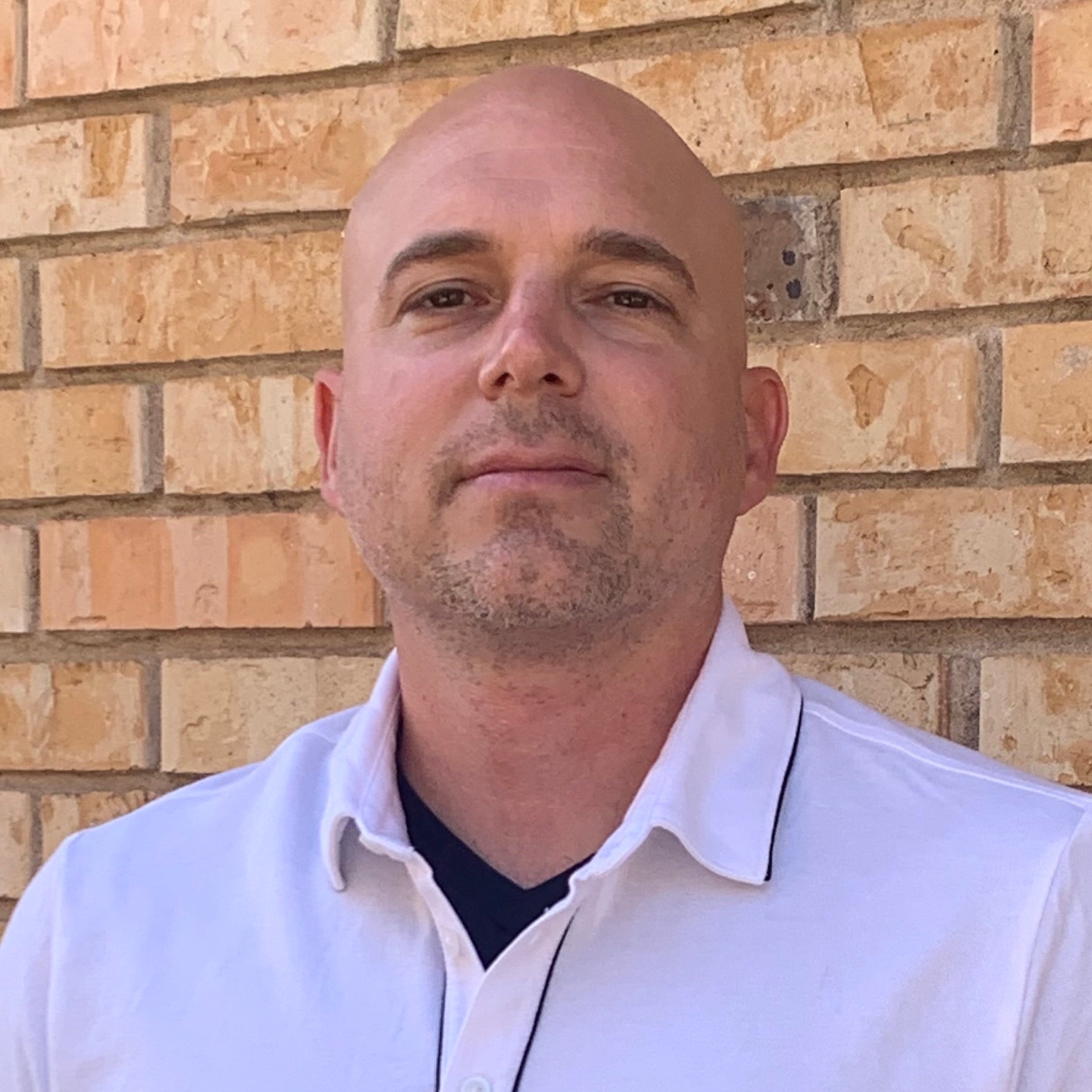 Stephen Zigmund, Postdoctoral Fellow, 2023–2024
Stephen Zigmund, Postdoctoral Fellow, 2023–2024
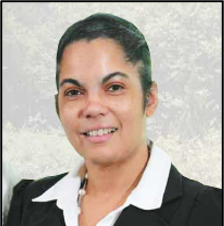 Rose Wimbish-Tompkins, Postdoctoral Fellow, 2021-2024
Rose Wimbish-Tompkins, Postdoctoral Fellow, 2021-2024
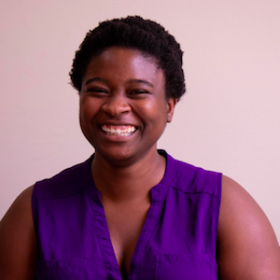 Jendayi Dillard, Postdoctoral Fellow, 2022-2023
Jendayi Dillard, Postdoctoral Fellow, 2022-2023
 Tres Hinds, Postdoctoral Fellow 2020-2022
Tres Hinds, Postdoctoral Fellow 2020-2022
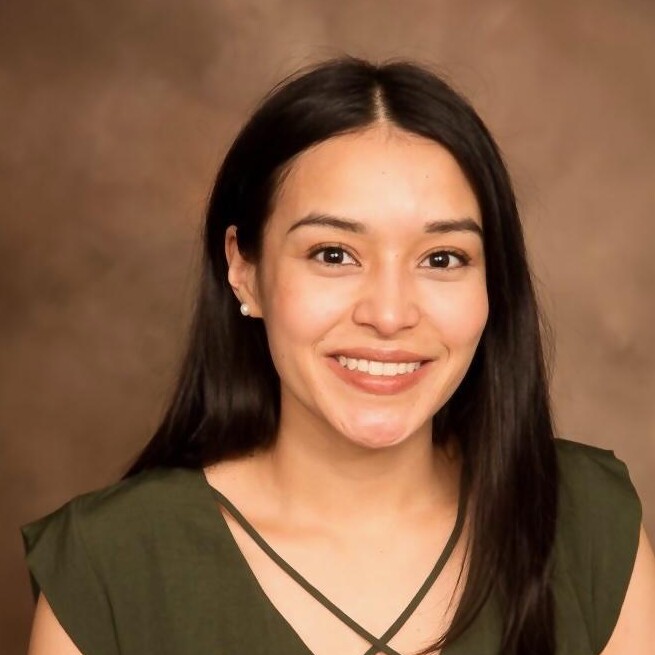 Kimberly Prado, Postdoctoral Fellow, 2021-2022
Kimberly Prado, Postdoctoral Fellow, 2021-2022
 Kelseanna Hollis-Hansen, Postdoctoral Fellow, 2020-2022
Kelseanna Hollis-Hansen, Postdoctoral Fellow, 2020-2022
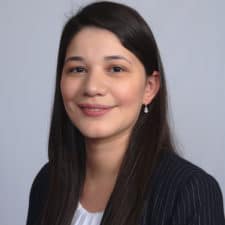 Jahanette Ramirez, Postdoctoral Fellow, 2019-2021
Jahanette Ramirez, Postdoctoral Fellow, 2019-2021
 Brittany Brown-Podgorski, Postdoctoral Fellow, 2019-2021
Brittany Brown-Podgorski, Postdoctoral Fellow, 2019-2021
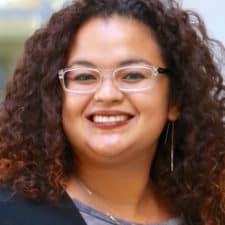 Marisol McDaniel, Postdoctoral Fellow 2018-2020
Marisol McDaniel, Postdoctoral Fellow 2018-2020
 Nazanin Haydarian, Postdoctoral Fellow 2018-2020
Nazanin Haydarian, Postdoctoral Fellow 2018-2020











